
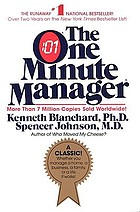 The One Minute Manager by
The One Minute Manager by 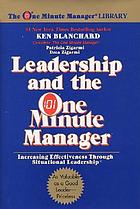 Leadership and the One Minute Manager by
Leadership and the One Minute Manager by 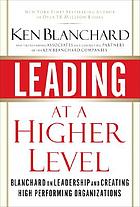 Leading at a higher level : Blanchard on leadership and creating high performing organizations by
Leading at a higher level : Blanchard on leadership and creating high performing organizations by 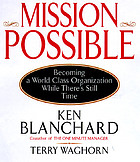 Mission Possible by
Mission Possible by 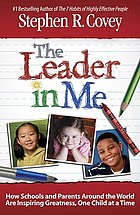 The Leader in Me by
The Leader in Me by  Emotional Intelligence by
Emotional Intelligence by 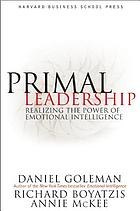 Primal Leadership: realizing the power of emotional intelligence by
Primal Leadership: realizing the power of emotional intelligence by 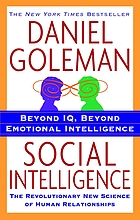 Social Intelligence: the new science of human relationships by
Social Intelligence: the new science of human relationships by 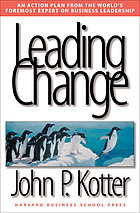 Leading Change by
Leading Change by 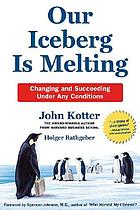 Our iceberg is melting : changing and succeeding under any conditions by
Our iceberg is melting : changing and succeeding under any conditions by 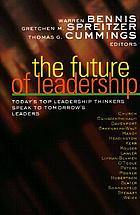 The future of leadership : today's top leadership thinkers speak to tomorrow's leaders by
The future of leadership : today's top leadership thinkers speak to tomorrow's leaders by 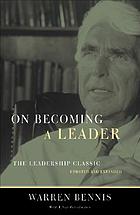 On Becoming a Leader by
On Becoming a Leader by 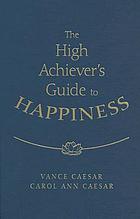 The high achiever's guide to happiness by
The high achiever's guide to happiness by 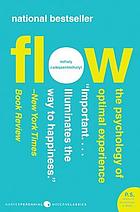 Flow : the psychology of optimal experience by
Flow : the psychology of optimal experience by 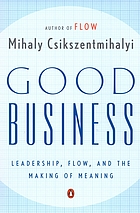 Good business : leadership, flow, and the making of meanin by
Good business : leadership, flow, and the making of meanin by 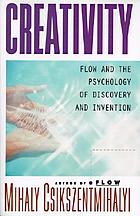 Creativity : flow and the psychology of discovery and invention by
Creativity : flow and the psychology of discovery and invention by 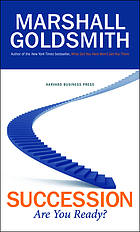 Succession : are you ready? by
Succession : are you ready? by 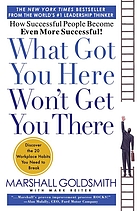 What got you here won't get you there : how successful people become even more successful by
What got you here won't get you there : how successful people become even more successful by 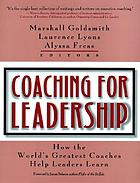 Coaching for leadership : how the world's greatest coaches help leaders learn by
Coaching for leadership : how the world's greatest coaches help leaders learn by 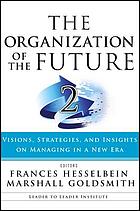 The Organization of the Future 2 : visions, strategies, and insights on managing in a new era by
The Organization of the Future 2 : visions, strategies, and insights on managing in a new era by 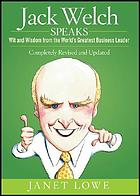 Jack Welch speaks : wisdom from the world's greatest business leader. by
Jack Welch speaks : wisdom from the world's greatest business leader. by 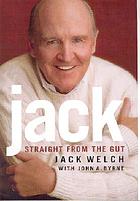 Jack : straight from the gut by
Jack : straight from the gut by 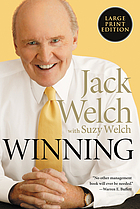 Winning by
Winning by 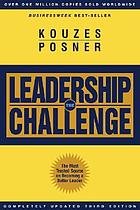 The leadership challenge by
The leadership challenge by  A life worth living : contributions to positive psychology by
A life worth living : contributions to positive psychology by Explore. Discover. Create.
24255 Pacific Coast Highway, Malibu, CA 90263 Phone: 310.506.7273Copyright © 2022 Pepperdine University